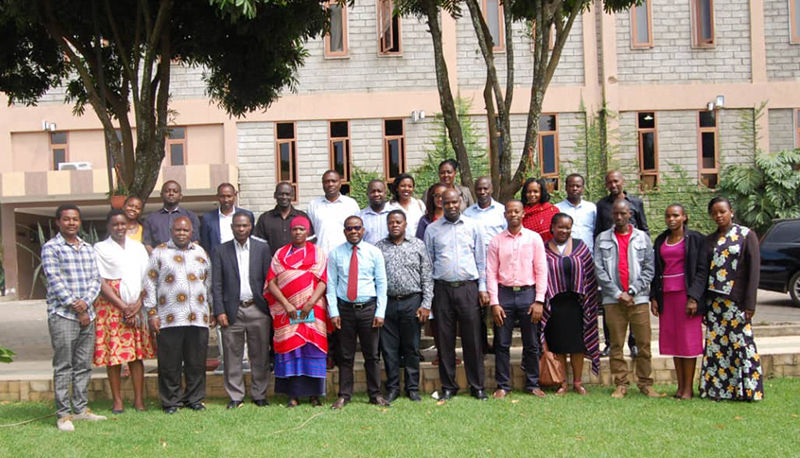
“Identifying and recognizing local communities’ lands and tenure rights can strongly benefit development interventions, practitioners and empower the communities themselves”

“Identifying and recognizing local communities’ lands and tenure rights can strongly benefit development interventions, practitioners and empower the communities themselves”
We recommend this project be scaled up as an important way to ensure recognition and protection of IPLC lands and invest in inclusive and participatory land mapping and tenure assessment while supporting enhanced data generation and analytics. To do so, IFAD could engage further development partners, governments and CSOs in multi-stakeholder decision-making process to evolve a strategy, develop technological capacity and enable collaboration between project actors, and convene regular meetings and lesson-sharing events. If the project is successful, further funding could be sought and a network of expertise between IFAD and LandMark established.
We learned a lot about the enormous possibilities but also the limited use (so far) of GIS technology. Accurate and detailed mapping is vital in the future for local communities to enhance and protect their tenure rights. Since so little of their land is mapped, there is enormous scope for scaling up. Although IFAD can act as a big player in pushing the use of technology forward in its operational areas, collaboration with technology companies and land rights groups will be fundamental for success. Lastly, new innovative thinking is required to incorporate local and traditional knowledge of land and natural resources use to improve tenure security among a community.
Develop a free web page with Mobirise